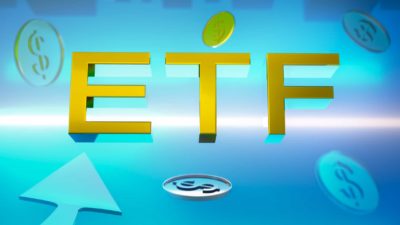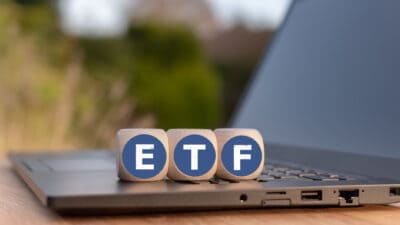The BetaShares NASDAQ 100 ETF (ASX: NDQ) is one of the most popular exchange traded funds (ETFs) in Australia.
It isn't hard to see why.
As its name implies, this ETF gives investors access to the 100 largest companies on Wall Street's famous NASDAQ index. Though, one thing the name does not give away is that the fund excludes financial shares.
And with the NASDAQ the place to be for technology companies when they list on Wall Street, it will come as no surprise to learn that tech stocks make up a significant portion of its holdings.
At present, 50.7% of its sector allocation is information technology. The next largest allocations are communication services (15.6%), consumer discretionary (15.6%), and consumer staples (6.6%).
Among its largest holdings are many of the world's biggest and brightest companies. This includes Microsoft, Nvidia, Apple, Amazon, Meta Platforms, Tesla, Alphabet (Google), Costco, and Starbucks.
There's certainly no denying the quality that you will be buying with this ETF. These companies are the crème de la crème of financial markets. But has this translated into good returns for investors over the past 12 months?
Let's take a look and see what a $10,000 investment in the BetaShares NASDAQ 100 ETF (NDQ) a year ago would be worth today.
$10,000 invested in the BetaShares NASDAQ 100 ETF (NDQ) in 2023
They say the cream always rises to the top and that has definitely been the case over the last 12 months.
At this point in 2023, I could have picked up this ETF for $29.84 per unit.
This means that for an investment of $9,996.4, I could have snapped up 335 units.
The BetaShares NASDAQ 100 ETF (NDQ) is currently changing hands for $42.60, which is almost 43% higher than where it traded a year earlier.
This means that those 335 units now have a market value of $14,271, which represents a return on investment of close to $4,300 from a $10,000 investment.
Overall, I think it is fair to say that this ETF has delivered for its shareholders. Long may it continue!









